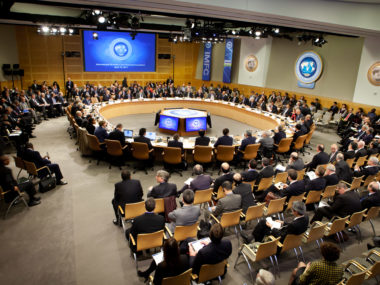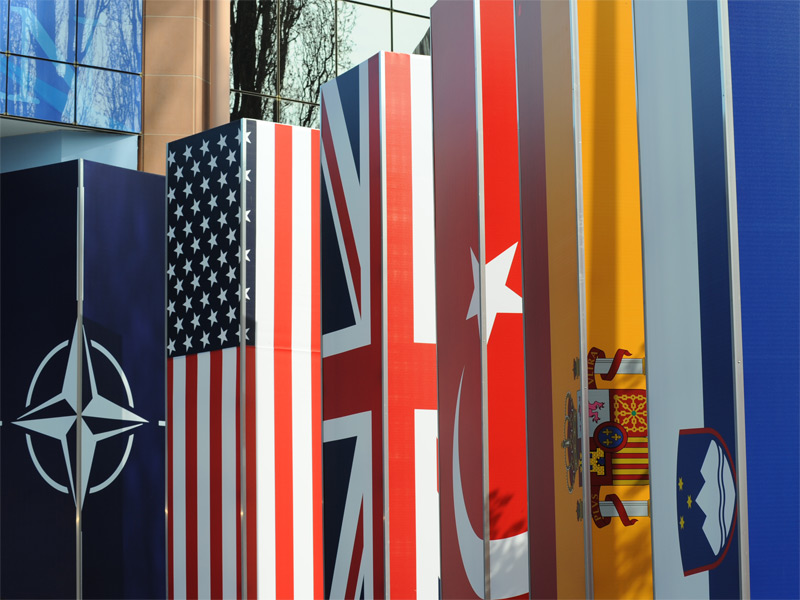By Emily Hencken Ritter and guest contributor Jessica Maves Braithwaite
It’s the new year, and like the rest of the internet, we want to weigh in on the best reads of 2019. This list highlights our top 10 favorite “Non-Academic” books published in 2019, that feature political violence as a central theme.
For intellectual types, it can be hard to find the time for anything beyond journal articles and academic books. But reading fiction, history, and memoir can illuminate what it feels like to be affected by conflict; can show what motivates ordinary people to fight or make peace; and can change the way we think about political violence.
Here are our top reads—what are yours?
FICTION:
1. House of Stone (Novuyo Rosa Tshuma): This powerful and beautifully written book is a must-read for anyone interested in African politics and political violence. In it, a young Zimbabwean tries to endear himself to his landlords by learning their stories about the Rhodesian Bush War and the massacres shortly after ZANU came to power. This is a powerful investigation of individual and collective memory and identity.
2. The Nickel Boys (Colson Whitehead): After an unfortunate coincidence, an African-American boy ends up in a reform school where the residents are subjected to unthinkable cruelty at the hands of the staff. The story unfolds with periodic (and merciful) glimmers of hope, and closes with a clever twist neither of us saw coming. This glimpse into a dark corner of recent American history is a must-read.
3. Homeland (Fernando Aramburu): Two families end up on opposite sides of the ETA conflict in the Basque region of Spain. This novel paints a poignant picture of how seemingly senseless violence can be justified in the eyes of some, and how it weighs on a whole community in different ways. We’d include it on a list of must-read fiction exploring civilian experiences in civil conflicts.
4. We Cast a Shadow (Maurice Carlos Ruffin): This story takes place in the near future when prospects for African Americans have not improved. In this dystopian landscape, the novel’s black protagonist finds himself in uncomfortable situations trying to save money for an experimental medical procedure to lighten the skin of his biracial son. It’s a wild story that kept us throwing up our hands in frustration and fascination. We’ve seen lots of comparisons to Paul Beatty’s The Sellout (which we also really loved), and while there are some similar themes across these books, Griffin’s story is likely more accessible to the general reader.
5. The Flight Portfolio (Julie Orringer): An American journalist in Marseille helps Jewish artists and intellectuals escape Europe at the onset of World War II. Grappling with the bureaucratic and societal nightmare of Vichy France, while simultaneously dodging state surveillance and repression, the protagonist reconnects with an old flame, prompting him to question his sexual identity and future plans. If you’re an historical fiction junkie like JMB, this book is for you! And if you like this, check out Lynne Olson’s Madame Fourcade’s Secret War.
NONFICTION:
1. Say Nothing: A True Story of Murder and Memory in Northern Ireland (Patrick Radden Keefe): Whoa. This was gripping from start to finish and reads like a murder mystery, alternating between the search for the truth about a mother’s disappearance and the broader context of The Troubles in Northern Ireland. Keefe makes sense of an incredibly complex period by focusing on the stories of a few key IRA members, weaving their experiences into the dynamics of the conflict overall. As people who study civil wars for a living, this was a fascinating read, but we think it’s also readily accessible to folks far removed from the world of conflict research.
2. How to Be an Antiracist (Ibram X. Kendi): In this memoir, Kendi explores the many ways in which racism pervades daily life, and persists thanks to institutions and power structures that protect and privilege the interests of white people. This and Kendi’s masterpiece Stamped from the Beginning, provide lots of material for conversations about the ways in which we all hold racist beliefs and engage in racist actions.
3. Reckonings: Legacies of Nazi Persecution (Mary Fulbrook): This tome explores the notion of responsibility as it pertains not only to war crimes perpetrated during the Holocaust, but also the extent to which individual bystanders were guilty of facilitating the Nazi war machine, how perpetrators at all levels evaded justice, and the lasting consequences of this dark period of history across subsequent generations. Fulbrook’s observations and critiques of individual responsibility and the systems protecting those in power resonate for us across many conflict contexts.
4. The Heartbeat of Wounded Knee: Native America from 1890 to the Present (David Treuer): This book provides an “Own Voices” history of the abuses suffered by Native Americans at the hands of the US government and white settlers (invaders), over nearly 150 years to the present day. The discussion of historical dynamics through the early 20th century was particularly engaging. This is worth reading, especially if you’re interested in Native American history and/or state repression.
5. Invisible Women: Data Bias in a World Designed for Men (Caroline Criado-Pérez): I (JMB) simultaneously loved this book, and wanted to throw it across the room on several occasions because the content made me SO, SO MAD. It details the myriad ways in which women are disadvantaged and endangered by the fact that so much of what we do, and think we know, is based on data mostly (or entirely) focused on men. This masterpiece is superb on every level—it methodically and comprehensively unpacks the “science” behind daily behaviors and assumptions, and it’s accessible and engaging. Although most of the content is outside the realm of political violence, the chapter on women’s rights as human rights includes discussion of violence against women and the gendered dynamics of civil wars.
Enjoy your political violence reading, and please share your top reads for 2019—or what you’re getting ready to dig in to in 2020!
Emily Ritter, a permanent contributor, is an Associate Professor of Political Science at Vanderbilt University. Jessica Braithwaite, a guest contributor, is an Assistant Professor of Political Science at the University of Arizona.







